We may earn a small commission if you choose to purchase from our links (at no extra cost to you!)
What is a VPN?
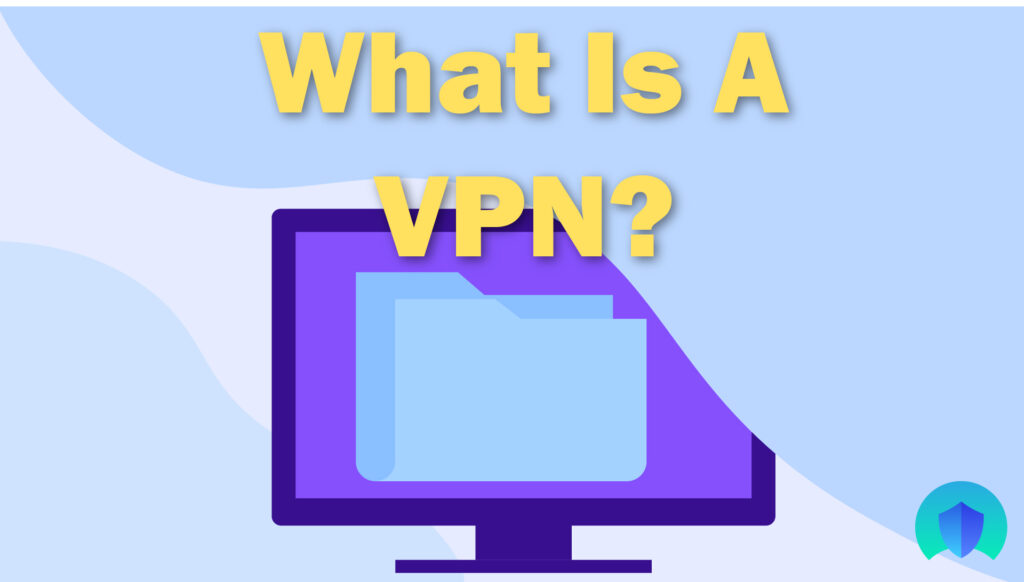
This guide is for readers who want to understand more about VPNs and how they work. You will learn everything you need to know about them!
TIP: we will give you some recommendations throughout the guide to help you choose a VPN for your purposes.
We also have a list of the best VPN services.
The Unlimate Guide to Understanding VPNs
- What is a VPN
- How Does A VPN Work
- How Secure is VPN
- Is using a VPN legal
- Do VPNs Make Users Fully Anonymous
- Logging Policies
- Paid vs Free VPNs
- Can I Torrent With a VPN
- Do VPNs work with Netflix
- Do VPNs work on iOS and Android
- Do VPNs work on SmartTV/Kodi
- How Do I Install a VPN on a Router
- Using VPN with Tor
- Kill Switches and IP Leaks
- When should you use a VPN
- When you shouldn’t use a VPN
What is a VPN?
A VPN stands for Virtual Private Network, and it is a service that allows you to access the internet privately and safely.
VPNs do this by routing your traffic through a secure server and encrypting (hiding) your online activities from third-parties such as your ISP.
But how do VPNs work…?
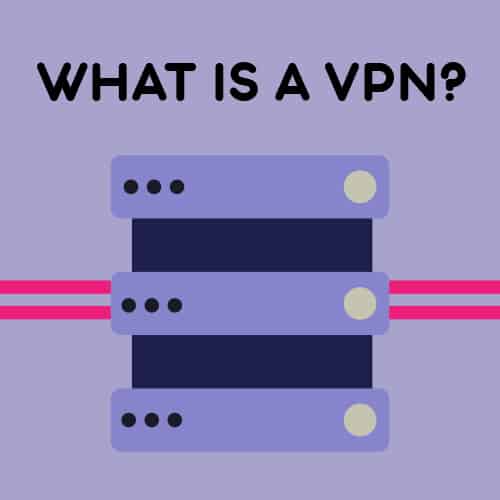
How Does a VPN Work?
A VPN seems to work straight out of the box but there any many things that happen behind the scenes. The VPN encrypts all the data that gets routed through its servers, not even your ISP can see it. Your data goes to the VPN’s encrypting server where it is encrypted, then your data reaches your destination (the destination could be anything online such as YouTube). The online destination will change your IP making you appear at the VPN servers location.
This is how your connection looks like when you connect to the web without a VPN:
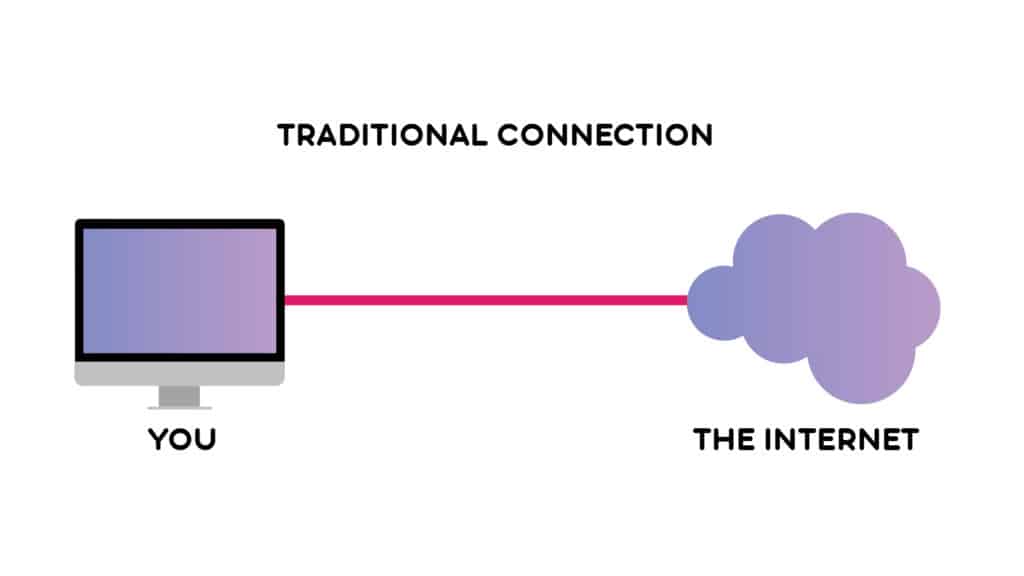
This type of connection has that has flaws. Your online data is available for anyone that is interested and has a little bit of experience.
This is how your connection looks like when you connect to the web with a VPN:
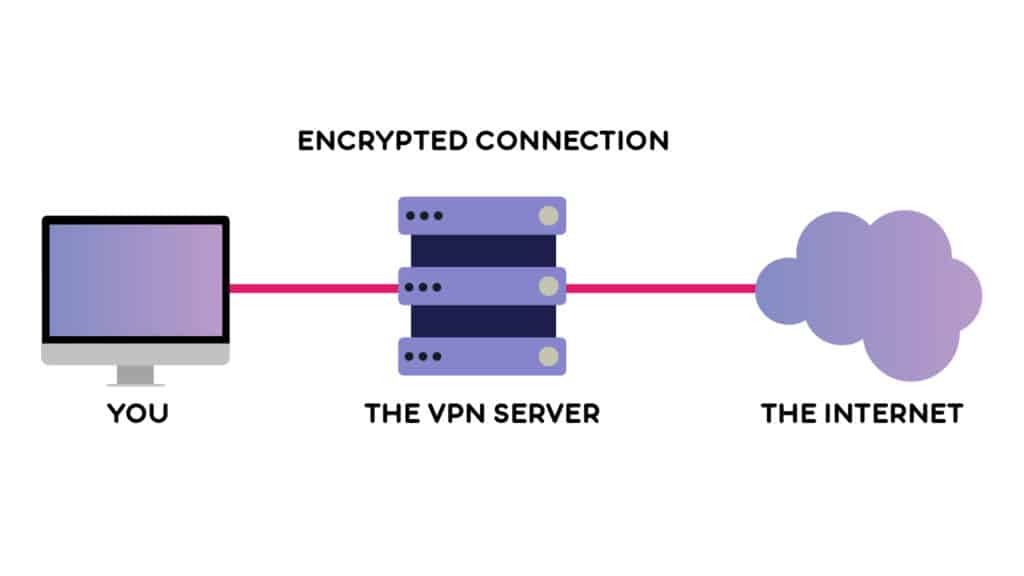
When you are connected to a VPN, your online data will be encrypted by the VPN server. The VPN server is what connects to the web for your use. This eliminates privacy and security issues in the following ways:
- Your IP will be seen as the VPN servers IP, meaning your real location will be hidden
- It makes it really difficult for you or your computer to be identified, also no one can see your online activity such as the websites you visited.
- The VPN encrypts your data, so if anyone could even see they would only see encrypted traffic making it much more difficult to see your activty.
As you can see, connecting to the internet with a VPN is much safer than the “regular” way.
How Secure is a VPN
It all depends on the VPN company. VPN security is always being debated by experts, but there are two main factors that go into the “secureness” of a VPN:
- The technology used by the VPN company
- It depends on the legal stuff and what can be done with VPNs technology. Depending on where the VPN company is based, where their servers are located, and the companies policies affect the way you can use their technology.
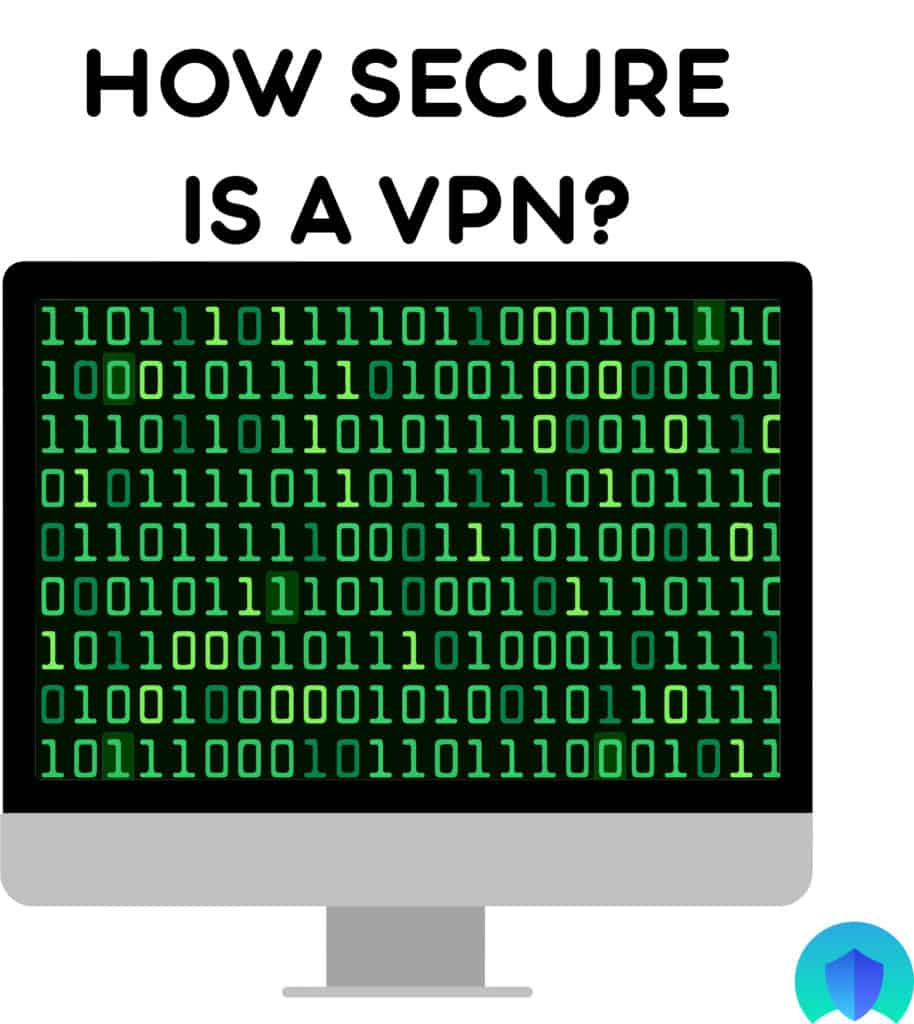
VPN protocols
VPN protocols are the different processes and sets of instructions that the VPN companies use to make sure the VPN users benefit from reliable and secure communications between the VPN server and the VPN client. It’s basically a mixture of transmission protocols and encryption standards.
Here are some different VPN protocols:
- PPTP (Point-to-Point Tunneling Protocol) – This is a VPN protocol that was developed by Microsoft in the 1990s. It’s pretty popular for people who want to stream geographically limited content (like different Netflix regions) with fast speeds. Almost all VPN services provide PPTP, but you should avoid services that only offer PPTP because it offers almost no security.
- L2TP / IPSec – It’s considered an improvement over PPTP, L2TP / IPSec is essentially a continuation of the PPTP protocol, the difference is that it uses double encapsulation. While double encapsulation makes L2TP / IPSec more secure, it can be slower when compared to PPTP because traffic is first converted to L2TP from, them a second layer of encryption is added. There are reports of the NSA’s ability to crack this protocol and see the data that’s being routed through.
- IKEv2 (Internet Key Exchange Version 2) – It was created by Microsoft and Cisco and based on IPSec. IKEv2 is reliable, fast, and secure (if encryption AES is used). It supports MOBIKE, meaning it handles network changes well. For example, if you switch from a WiFi connection to your data, the VPN connection will remain stable.
- OpenVPN – It’s an open-source protocol, OpenVPN one of the most popular VPN protocols. It is very secure, while being configurable and works on different platforms. OpenVPN is extremely difficult to block because it’s traffic is hard to distinguish from HTTPS traffic.
Most VPN providers allow you to choose which protocol you want to use. The more secure protocol you choose and connect through (such as IKEv2 or OpenVPN), the more secure your connection will be.
The main downside is that not all devices will allow you to use all of these protocols. Most of the VPN protocols were created by Microsoft meaning you will be able to use them on the Windows platform. If you’re an Apple user you will experience some limitations (L2TP/IPSec is the default for iPhone). Android has it’s own problems, we will cover this later.
The Basics of Encryption
Encryption works by:
- Starting with unencrypted data
- Adding a key to convert the data (encrypt it)
- Data is now encrypted
Now the encrypted data is only accessible by the person with the key used to encrypt the data in the first place.
Today’s encryption algorithms work like this, the second step is the most complex (you can spend your whole life working on it). When looking for a VPN you need to make sure your data is being encrypted with the AES algorithm with a minimum of 128 bits. The best VPNs often go a step further and offer AES-256 encryption, NordVPN (read review), ExpressVPN (read review)
VPNs can be extremely secure, but it all goes down to the VPN protocol and the type of encryption used on your traffic.
Legal Situation
(This isn’t legal advice. For entertainment purposes only.)
Good VPN services will do anything in their power to protect you and your data online. Also know that VPN companies are subject to the law in the jurisdiction, this can affect their service greatly.
The VPN company may have no other choice but to share what records they have on your activity, depending on the laws of the country in which the VPN is established. There may be international agreements between countries to share data. If you do good research on different VPNs, you can find one that has a good privacy jurisdiction (ExpressVPN and NordVPN are good examples).
VPNs are only secure if they are willing and capable of keeping your data safe, but they also have to be legally allowed to do so.
Is Using a VPN Legal?
Using a VPN is legal, so yes. But this is not always the case.
VPNs are okay to use in most countries, particularly in the United States, Canada, the United Kingdom, and the rest of Western Europe. The thing that matters is your physical location while using the VPN.
There are some places though where VPNs are not allowed. These places include China, United Emirates, Iraq, Oman, Belarus, Iran, Russia, Turkmenistan, and North Korea.
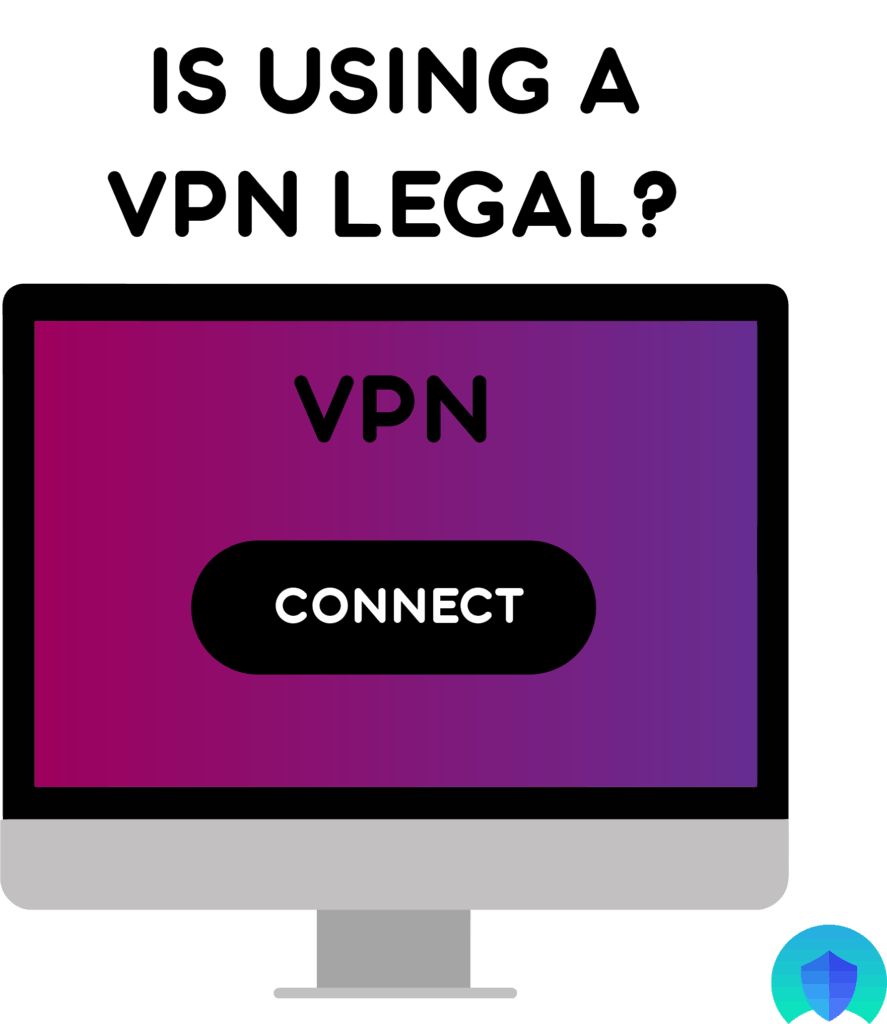
Do VPNs Make Users Fully Anonymous?
A basic answer to this question is no, but VPNs definitely help keep you being almost anonymous.
If you aren’t connected to a VPN, your connection is visible by anyone who wants to peek this includes your Internet Service Provider (ISP), the hotel, or anyone who has the tools to do so. When you are connected to a VPN many of those issues go away because the VPN encrypts your data.
Make sure you check for the following factors to make sure how anonymous the VPN will make you online.
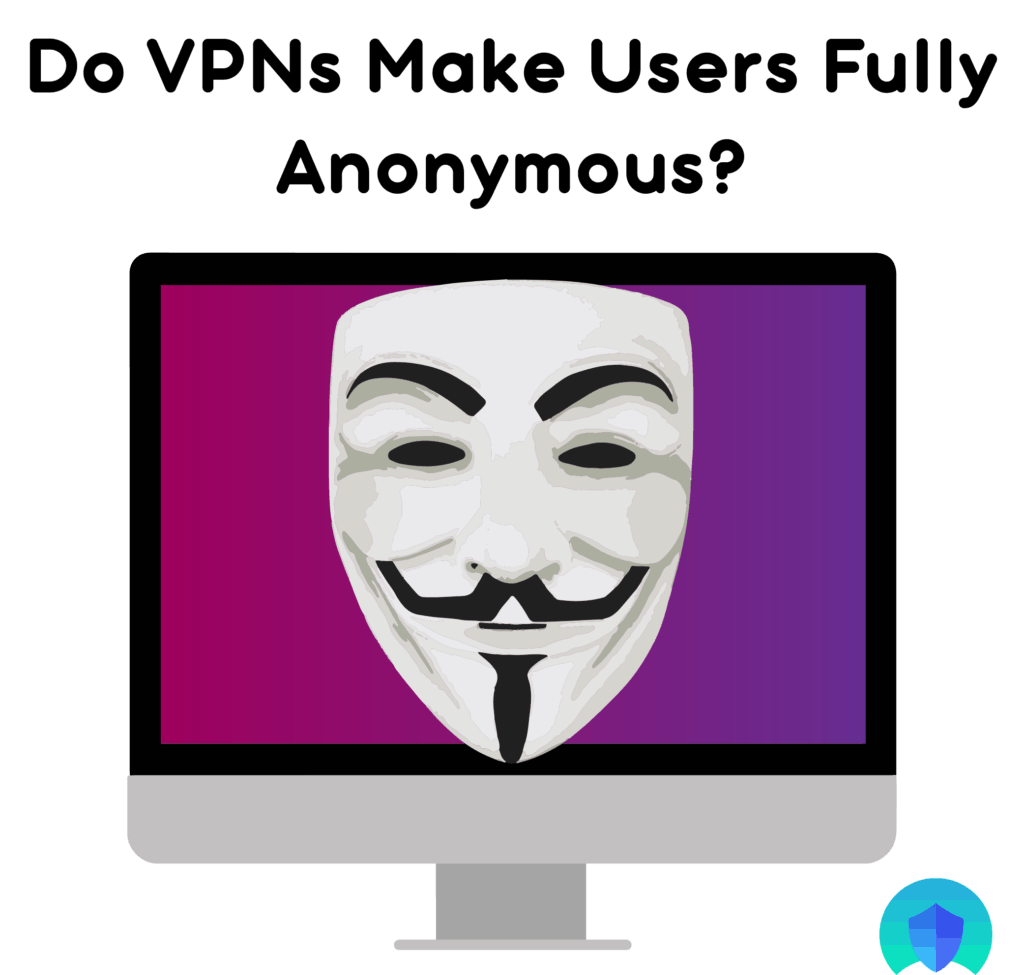
- Does the VPN company keep logs (websites you visited etc)
- Check which jurisdiction applies to where the VPN company is based, they may have no other choice but to track your logs.
- What type of encryption are they using and what VPN protocols do they offer?
- Do they keep records of payments, and do they keep a record of personal info?
Keep in mind not all VPN protect you to the same extent. We created a comparison of the best VPNs in the current market, this can help you choose the best VPN for your purposes!
Logging Policies
If a VPN records logs it can greatly affect your online privacy and security. A VPN company can keep any of the following logs:
- IP addresses
- your activity
- devices
- payments
- connection timestamps
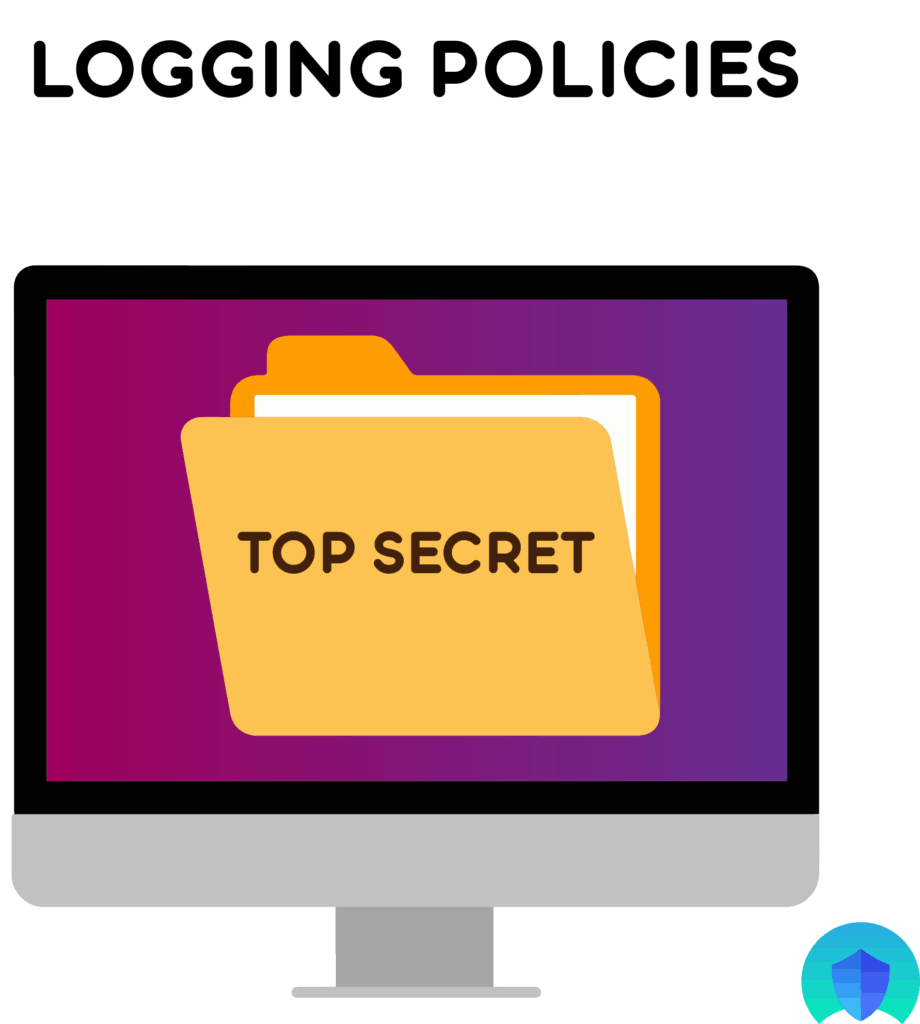
Any of the logs above makes your connection less secure and you lose online anonymity. Generally, the fewer logs a VPN provider records the better.
Make sure you are aware, some providers say you will have privacy on their technology, but always make sure to look at the fine print on their website to see what type of data they do keep. In some instances, they may say that their country doesn’t require them to store logs but they will do for their own purposes.
Paid vs Free VPNs
“If you are not paying for it, you’re not the customer; you’re the product being sold.“
– Andrew Lewis
VPNs are expensive to run, especially if they’re good. If a service is free, think about why it is. Are they tracking your activity for their own use? Are you getting displaying ads while you’re connected? Is your data being sold?
VPNs aren’t that expensive, there are many good VPNs out there for $3-5 a month that will keep you safe and secure online.
How much is a VPN?
Most VPNs are around 5 dollars a month, this goes for the most popular VPNs on the market as well. VPNs that are above 10 dollars a month are rare and there are much better VPNs for a cheaper price.
It also depends on how long your plan is. VPN services tend to give out big discounts on two to three-year plans. An example is NordVPN, it costs $11.95 a month, but the three-year plan is $3.49 per month.
Can I Torrent With A VPN?
Some VPN services allow torrenting, but some don’t allow it. It also depends on the type of things you’re torrenting.
Torrenting it’s self is a protocol used to transfer data and files online, but not the types of files you think of. Torrenting is legal if you have permission to send them.
Most VPN’s will have their own policy for torrenting and how it’s dealt with. Most of the good VPN companies will allow torrenting to happen on their servers. An example of some VPNs that would allow you to torrent are NordVPN, Surfshark, ExpressVPN, etc.
Security while torrenting depends on the VPN company’s policies for torrenting. It’s likey if a VPN company doesn’t keep logs it won’t track your torrenting activity.
When choosing a VPN make sure to check if the VPN offers good torrenting download speeds. This information can be difficult to come by and you often find out after purchasing the VPN, our top picks for download speeds are ExpressVPN and NordVPN.
Do VPNs work with Netflix?
The short answer is Yes, but it depends on which VPN you use.
Netflix is available in over 130+ countries but not all their shows are shown everywhere.
VPNs help you out if you’re looking to watch Netflix in a different region of the world.
If you wondering how Netflix and some other streaming services work (such as Hulu) here’s how: they block certain parts of the earth from different types of content based on location filters. This means if you’re currently in a country that’s restricted you’re also restricted.
VPNs are lifesavers since you can choose which server you want to connect to all over the world. This is great if you want to watch content that’s not available in your country.
Do VPNs work on iOS and Android?
Yes.
Most VPN services offer mobile applications that you can download for either iOS or Android.
The top VPNs for iOS are NordVPN, ExpressVPN, and Surfshark.
VPNs are pretty easy to set up on mobile devices, for example, if you want to set up a VPN on an iOS device you go into Settings – General – VPN.
Be aware, and don’t be tempted to download any of the free VPN apps on your device. Research has been done by a group of specialists, that went through 280+ “free” VPN services for Android and found that 38% of the apps had malware, 84% of them leaked users data and 75% use tracking libraries! Just make sure to never download a free VPN service.
Do VPNs work on SmartTV/Kodi?
SmartTVs (and Kodi boxes) require the internet for you to enjoy their services. VPNs can help you keep your streams private so that no one else knows what your streaming but you.
And there are a couple of ways you can connect a VPN to your SmartTV:
- either you configure it on the device
- or you configure it onto your router – making your whole network and everything connected to it safe and protected.
Good quality VPN services can be configured straight onto your router. An example of a service that allows this is NordVPN. NordVPN offers an app for Android TV, as well as clear instructions for Kodi, and Apple TVs. Some VPNs also offer this as well (ExpressVPN).
NordVPN offers a post on watching movies on Kodi.
The best VPN services that support SmartTVs are NordVPN, ExpressVPN, and Surfshark.
How Do I Install a VPN on A Router?
This is a really good way to make sure your entire network is secure and safe since all the traffic is being routed through a VPN connection. This means you won’t longer need to install apps on every single one of your devices to get a secure connection.
The first you need to make sure is if your router is fit for VPNs. You can find this information out by contacting the manufacturer of the router. Most DD-WRT and Tomato boosted FlashRouters are fit for VPN use.
Installation is fairly simple, it requires you to log in to your router and fill out a few standard forms.
Here are some tutorials on how to do this depending on which VPN service your with. This is the guide for NordVPN, ExpressVPN, and PIA (Private Internet Acess).
Using VPN with Tor
Although Tor and VPN are different, they can be great for your online security.
- VPN gives access to one server at a time.
- Tor allows you to access the web by routing you’re connected between random nodes and encrypting that connection.
Tor is completely free with no limitations, you just need to download the official Tor web browser. Once you’ve downloaded it you just need to start it up like you start Chrome.
How to use both VPN and Tor together:
- Connect to your VPN. All your traffic will now be encrypted and secure.
- Open the Tor browser and connect!
Now you have both Tor and VPN working at the same time. The only con to this would be your connection would be slower than your average VPN connection. The Tor browser also significantly slows down your connection especially while connected to a VPN, but your connection is now incredibly secure!
Kill Switches and IP leaks
Kill Switch
The Kill Switch is a feature that is offered by VPN services (the best ones usually) when the feature is enabled it will make sure your IP address isn’t exposed in case your connection to the VPN server drops.
Make sure your VPN service offers a kill switch. If your service doesn’t offer the feature you may have connection issues because if your VPN disconnects your privacy could be exposed.
Our favourite VPNs that offer the kill switch feature are NordVPN, ExpressVPN, and Surfshark.
IP leaks
An IP leak is when a user’s real IP address is leaked while being connected to a VPN.
Leaks can happen when the VPN service doesn’t hide your real IP as your online. An example of an IP leak would be if you wanted to watch Netflix shows that are only available in a different country and when you try to watch the show with a VPN connection it still doesn’t work because your real IP address is being exposed.
IP leaks are not always the VPNs fault. In some cases, the setup of your computer and the apps that you’re using are the issue. Did you know some browser extensions can also cause IP leaks?
When should you use a VPN
You should use a VPN for numerous reasons:
- Helps you stay secure on public WiFi
- Makes you anonymous while browsing the web
- Hides your real location, letting you access geo-block content (like Netflix!)
- Encrypts your traffic while connected
- It hides what you’re doing from third-parties.
You should consider investing in a VPN if privacy and security are priorities for you. Most good VPNs cost around $3 – 5 a month for all the above!
When you shouldn't use a VPN
VPNs are amazing! They let you keep your online privacy and let you unlock content from around the world.
Although there aren’t many downsides to VPNs. The only one I could think of would be that your connection may be slower.
If you’re interested in a VPN we have a list of the best VPN services out there!
